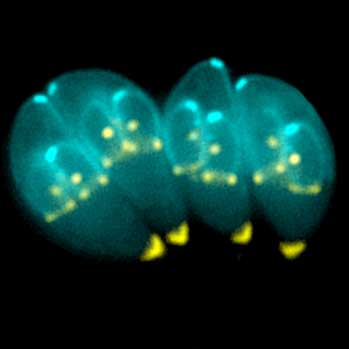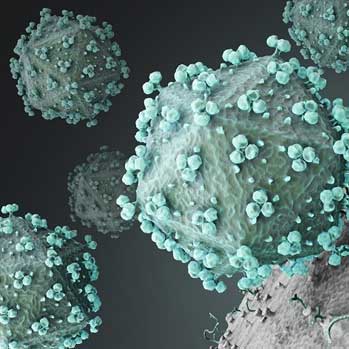Toxoplasmosis Gondii – Version 1.0

Toxoplasmosis Gondii – Version 1.0
There are no reviews yet.
Twice the Energy with Half the Stress

Toxoplasmosis Gondii – Version 1.0
There are no reviews yet.

Orion Retrovirus – Version 4.5
These viruses will steal your dreams, particularly when they are combined with flouride in your brain.

Rosacea Demodex – Version 6.0
Some rosacea is associated with a Demodex infection, a common mite. It affects bodily functions even when there are no observable symptoms.

Chlorovirus ATCV-1 – Version 1.0
US researchers have come across a virus that may make us stupider—and it’s turning up in the throats of otherwise-healthy people

Shingles (Herpes Zoster) – Version 2.1
Version 2.0 of Shingles frequencies contains updates from a recent case of shingles which included a new strain of the herpes zoster virus.

crAssphage (Stealth Fat Virus) – Version 1.1
Researchers at San Diego State University have discovered a gut virus that exists in more than half of the world’s population, and plays a key role in the onset of conditions including obesity and diabetes.